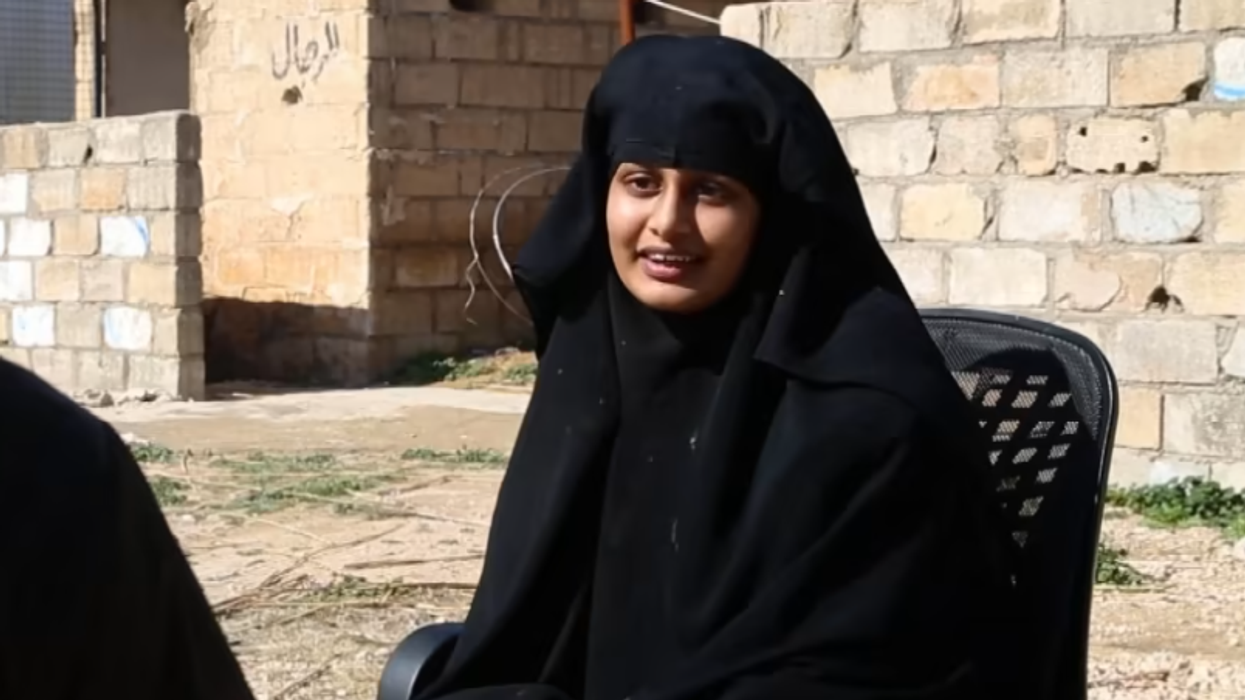THE government has declined to definitively rule out the potential return of Shamima Begum, the former British teenager who joined the Daesh (Islamic State group) as a 15-year-old, amid shifting geopolitical tensions in Syria.
Dame Angela Eagle, the border security minister, told Times Radio that while Begum's British citizenship remains revoked, the government is closely monitoring developments in the region.
"We are keeping a very close eye on all of the people that we think may represent a danger to this country as the situation in Syria develops," she said.
The minister carefully avoided making a direct statement about Begum's specific case, stressing that "every case would have to be looked at on its merits" with comprehensive risk assessments.
Currently 25-years-old, Begum is detained in a Syrian camp following her departure to join the Daesh in February 2015 while she was a student at Bethnal Green Academy. Her citizenship was revoked by then-home secretary Sajid Javid in 2019, a decision subsequently upheld by British courts.
The political landscape has been further complicated by recent regime changes in Syria and the potential instability created by Turkish-backed rebel groups operating in the region. Approximately 65 British citizens linked to Daesh remain detained in north-east Syrian prisons and camps.
Tory politicians have been quick to criticise the Labour minister's approach. Chris Philp, the shadow home secretary, described the response as "weak and supine", arguing that "those who supported the murderous Daesh regime have no place in the UK".
The legal complexity surrounding Begum's case has drawn significant attention. Lord Hermer KC, recently appointed to Sir Keir Starmer's government, previously argued that stripping her of citizenship could expose her to potentially fatal consequences, including potential "rendition and targeted drone strikes".
Begum is considering taking her case to the European Court of Human Rights, maintaining her challenge against the citizenship revocation.
The broader context involves around 50,000 former Daesh-associated individuals currently held in Kurdish-controlled facilities, including 20 British women, 10 British men, and 35 British children.
According to reports, the government's stance reflects the delicate balance between national security concerns and potential human rights considerations.





